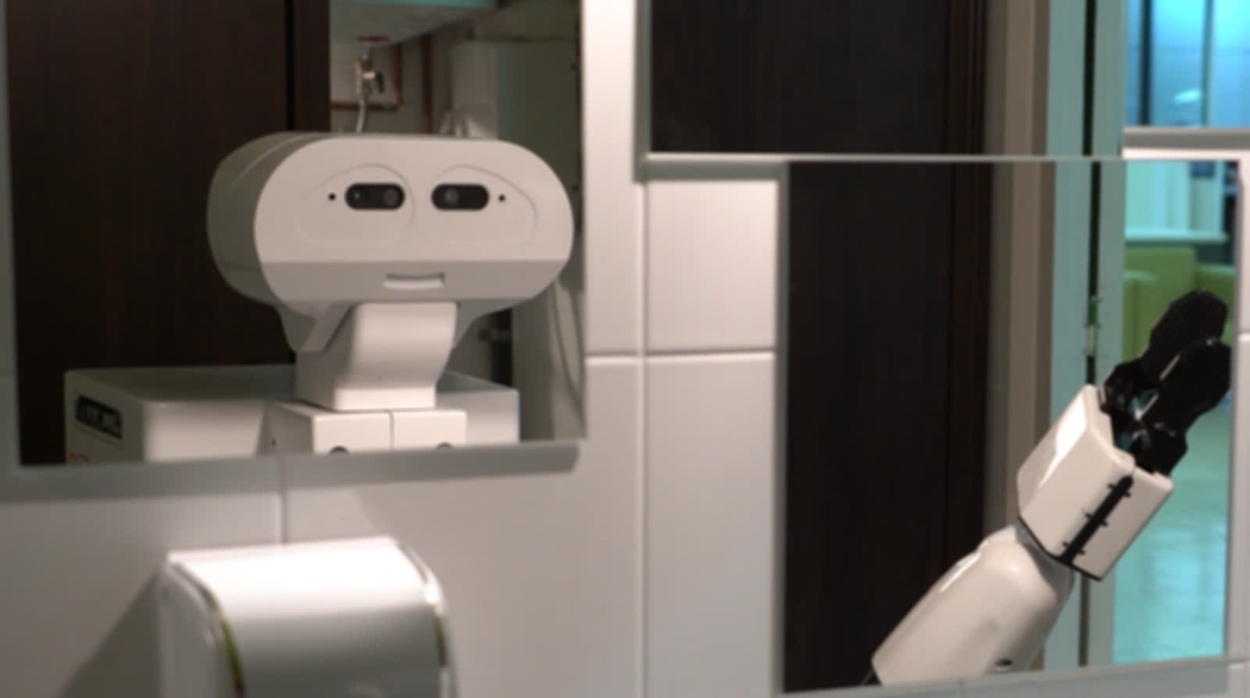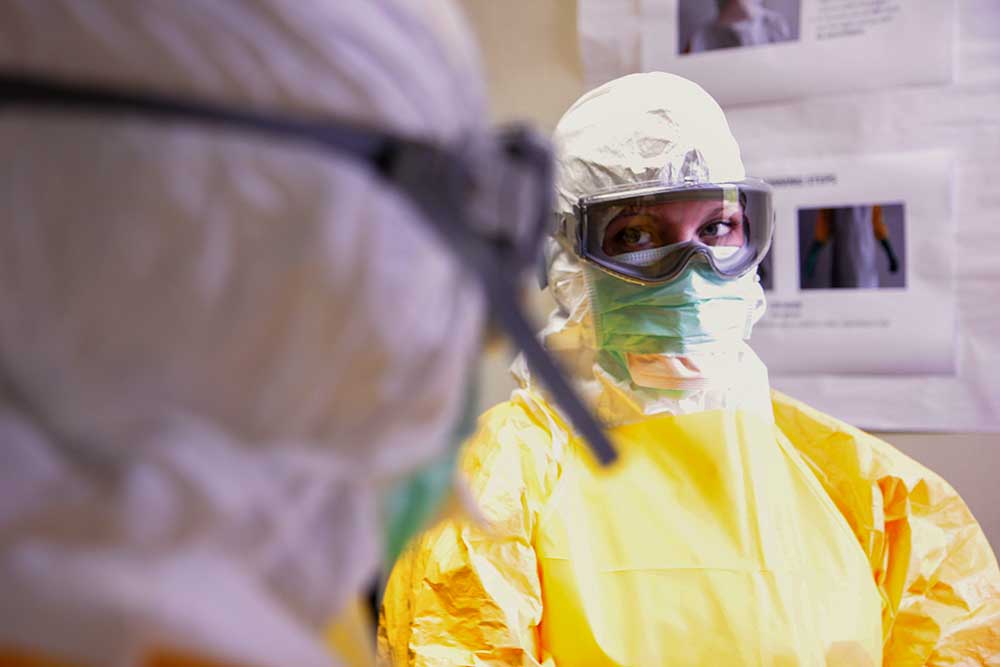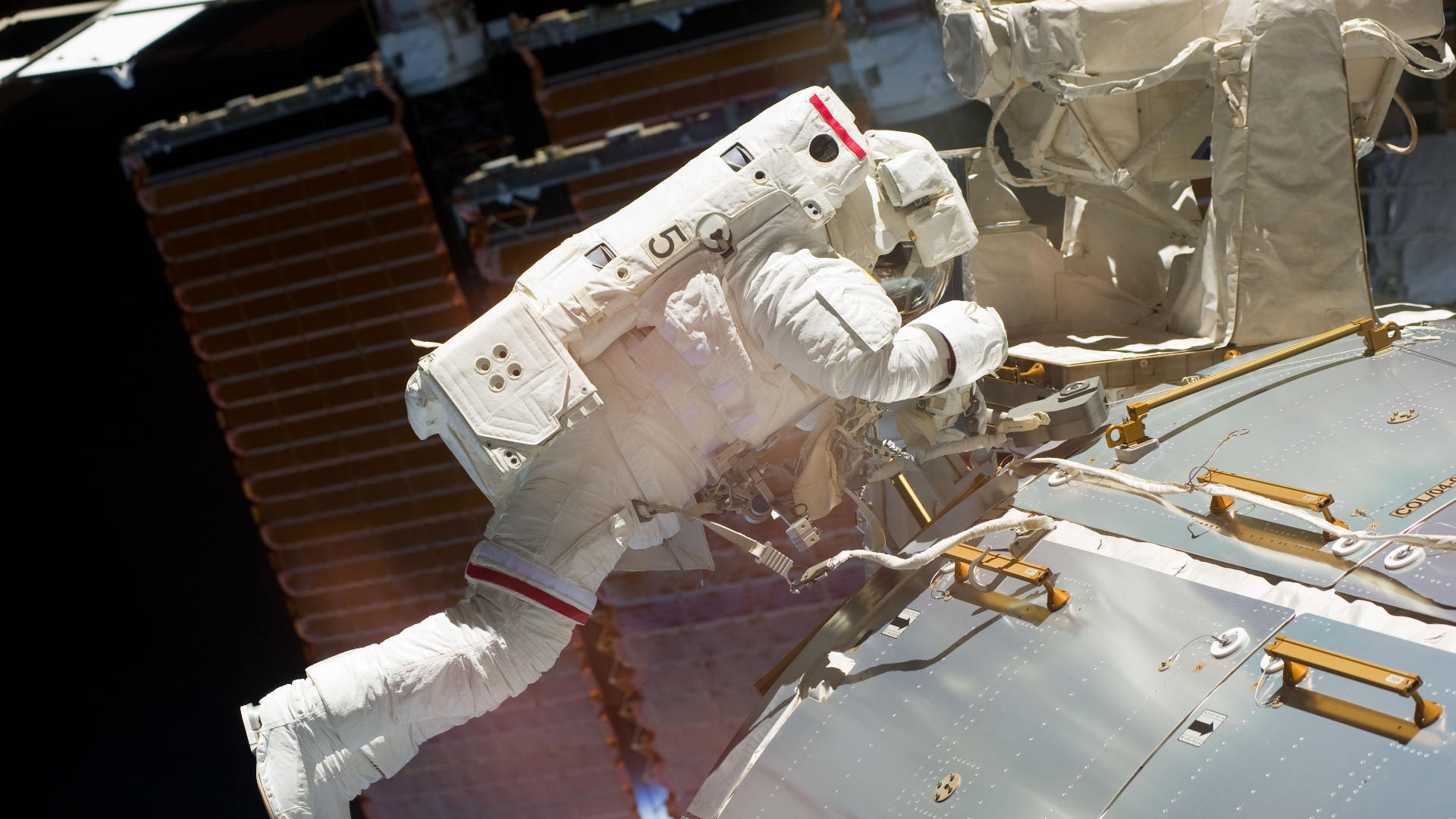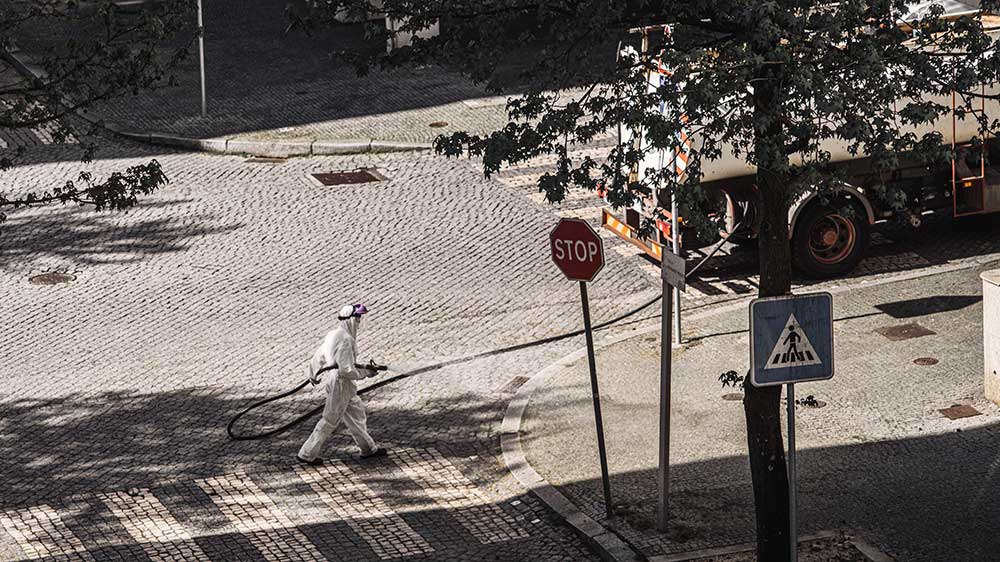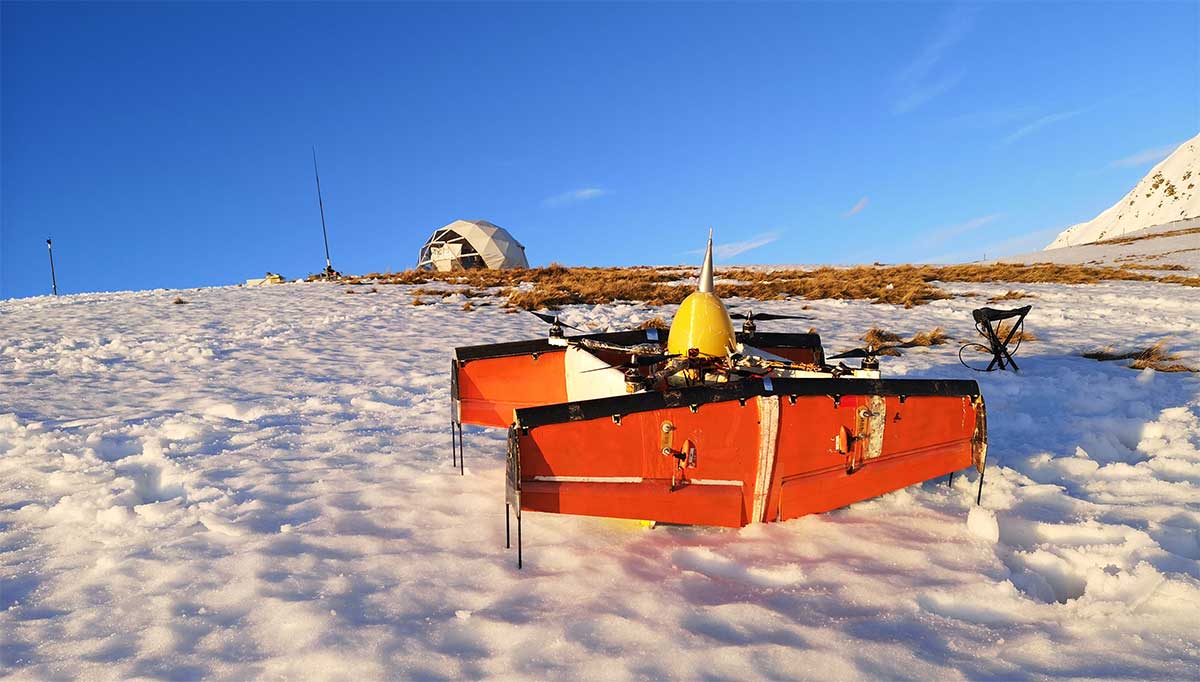Why robots are being trained in self-awareness
Robots passing cognitive tests such as recognising themselves in a mirror and being programmed with a human sense of time are showing how machines are being shaped to become a bigger part of our everyday lives. In 2016, for the first time ever, the number of robots in homes, the military, shops and hospitals surpassed that … Read more

